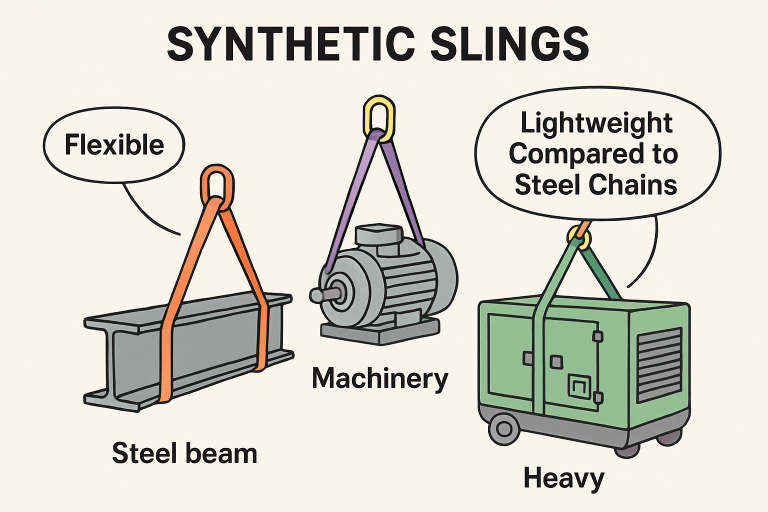Understanding the risks linked to hybrid electric vehicles helps avoid costly surprises. If you’re involved in design, testing, or fleet management, getting the right analysis matters.
Learn how a focused approach can uncover safety and compliance concerns. Keep reading to explore how risk analysis services can protect your investment and operations.
Now, let’s break it down.
Identifying Component Vulnerabilities
Hybrid systems rely on complex interactions between internal combustion and electric power. Each part, from the battery to the transmission, can become a failure point.
Risk analysis helps spot issues before they lead to breakdowns. It also guides maintenance schedules for better reliability.
The goal is to reduce downtime and avoid sudden faults. Accurate diagnostics come from data-driven inspections and simulations.
Addressing Thermal and Electrical Hazards
High-voltage systems carry real safety concerns. Without proper checks, thermal stress can cause overheating or fire. Risk analysis focuses on:
- load limits
- insulation breakdown
- current leaks
These issues aren’t always visible during regular checks. That’s why thermal imaging and predictive modeling are used. The process helps ensure safe handling and long-term system integrity.
Ensuring Compliance with Safety Standards
Regulations around hybrid electric vehicles change often. Failing to meet them can lead to penalties or product recalls. Risk analysis services compare your system against current legal and environmental standards.
They also flag potential issues that may become violations in the future. This supports early planning for necessary upgrades. A proper hybrid electric vehicle risk analysis helps teams stay ahead.
Evaluating Battery Life and Degradation
Battery health plays a key role in overall vehicle safety and performance. Over time, degradation can affect energy storage and output. Risk analysis looks into charge cycles, climate exposure, and usage patterns.
These factors can shorten the expected battery life. Accurate tracking helps plan replacements and improve designs. It also boosts trust in long-term vehicle performance.
Testing Emergency and Fail-Safe Systems
Vehicles must respond well during system failures. This includes backup power, braking systems, and alerts. Risk analysis tests how hybrid systems react under stress or during power loss.
The goal is to confirm that safety features activate when needed. Analysis also helps improve response times and minimize damage. These steps keep users and passengers protected.
Supporting Lifecycle Planning and Cost Control
A full risk profile helps with long-term planning. It reveals which systems need upgrades and when to invest in replacements. This avoids over-budget fixes and last-minute parts sourcing.
Cost analysis linked with risk reports supports better financial decisions. Lifecycle data also helps extend the service life of key components. Overall, it builds a stronger, more predictable operation.
Improving Data Security in Smart Systems
Hybrid electric vehicles often use smart systems to manage power and performance. These systems collect and share data in real time. Without proper security, this data can be exposed to cyber threats.
Risk analysis checks for weak points in software and data flow. It also reviews how information is stored and shared. This helps protect both the system and the user.
There are Comprehensive Risk Analysis Services for Hybrid Electric Vehicles
Hybrid electric vehicles need clear and simple checks. Risk analysis helps spot problems early. It makes each step safer. It also helps avoid delays and extra costs.
This is good for builders and users. It keeps the work smooth and the vehicle strong. It lowers the chance of failure. It also helps plan better for the future.
If this helped, you might enjoy a few more posts on our blog.

Dilawar Mughal is an accomplished author with a passion for storytelling. His works span various genres, from thrilling mysteries to heartfelt romance novels. With a keen eye for detail and a knack for character development, Sana Fatima weaves engaging narratives that captivate readers and transport them to new worlds.










